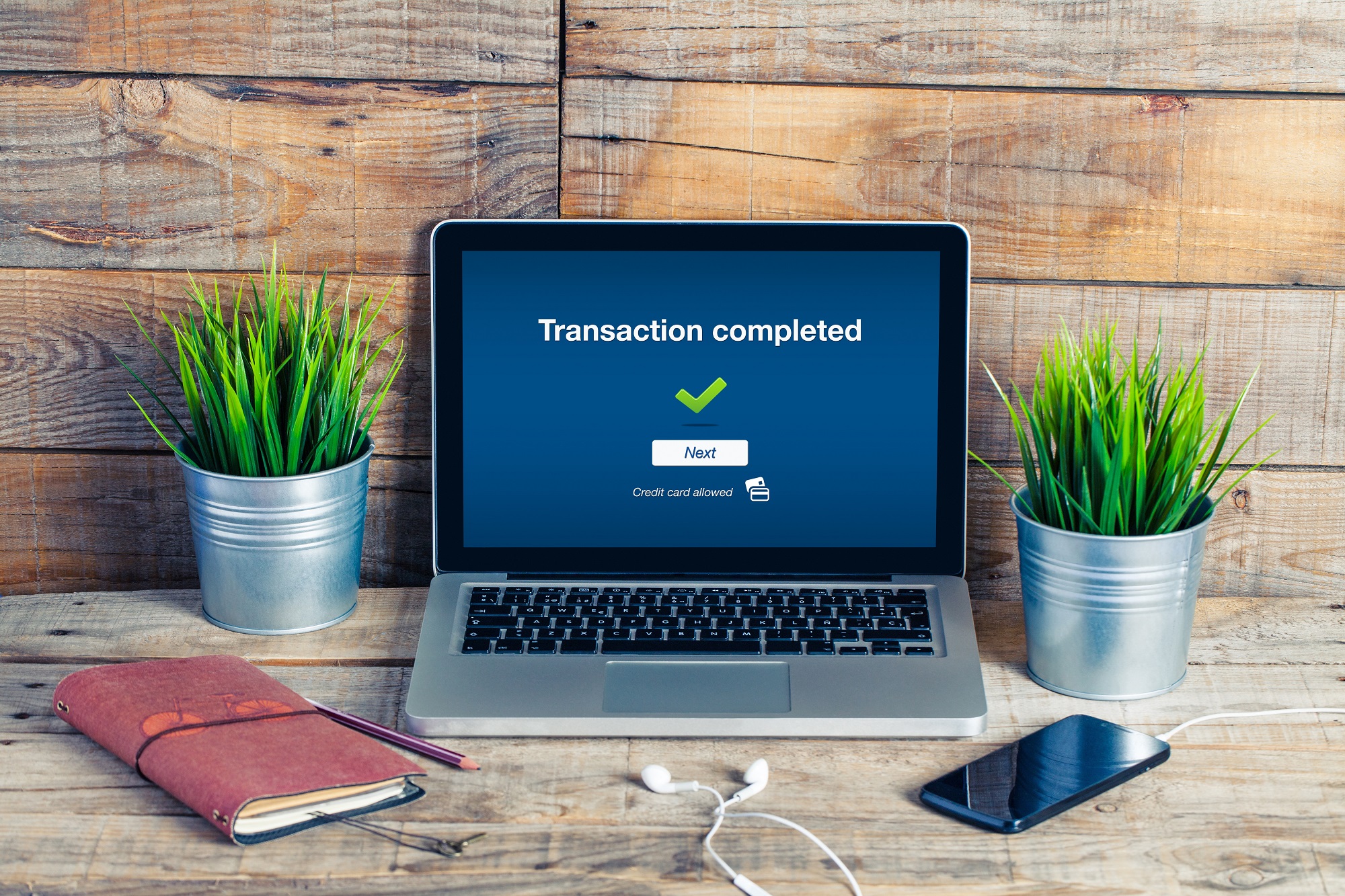New legislation that came into force from 1st January 2024, has left many individuals wondering whether they will end up paying tax on incomes generated through a range of online portals such as eBay and AirBnB. News of the reporting changes for digital portals spread like wildfire across social media with some suggesting this was a back door in for HMRC to begin charging tax on sales of unwanted goods and second-hand clothes. But clarity has now been provided to help online sellers and those renting properties via portals such as AirBnB understand what the new legislation is and when it might see them paying additional tax.
What is digital platform reporting?
The new legislation is focussed on digital platforms and online sales portals, and it requires them to report to HMRC on exactly who is selling/renting via their apps/websites. It applies to a wide range of businesses but what’s sparked the most interest is the fact it includes the likes of eBay, Vinted, Etsy and property lettings portals such as Vrba and AirBnB – to name just a few.
Concern was sparked that this was the next step in HMRCs long planned Making Tax Digital (MTD) strategy which will ultimately see each individual having their own digital tax account which takes information from bank accounts, payroll, savings and investments and calculates the overall tax due – without the individual having to declare anything through tax returns. The idea being that Annual tax returns become a thing of the past as HMRC will be able to accurately calculate and charge tax in real time resulting in no big end of year tax bills. That utopian vision remains some way off, but with their intended direction of travel well publicised, many were concerned this digital platform reporting was the next phase and was being rolled out without much notice to those it would impact.
Long term, this kind of information way well form part of that process but right now, HMRC say it’s not MTD but it is about requiring transparency and clarity over who is trading through these portals, and where the portals make their money. In particular, they want to ensure that those using these portals as their main source of income or generating significant income from it are paying the correct amount of tax. It’s not about penalising people selling second hand trainers as part of a wardrobe clear out.
Who will pay tax?
HMRC say the key issue is motivation. Is this clearing out second-hand goods or are you trading? Are you doing this with the intention of making profits? If you’re genuinely clearing out the garage or wardrobe and the majority of items you’re selling will achieve less than the original purchase price, then you’re not going to come under the microscope. Existing allowances provide for up to £1,000 of gross income (overall profit/margin, not sales) through digital platforms, so for most people selling online it is unlikely to be an issue.
However, if you’re buying or making items, with the intention of selling them for a profit i.e. more than they have cost you, then subject to the amount of income it generates you, you may find yourself paying tax. For second homes and property rentals, which is a far more established aspect of the tax system, the profit will be the difference between rental income and the cost of owning, running, and maintaining the property – and of course the fees charged by the portal.
Because the implementation of the new reporting legislation was subject to so much speculation and misinformation HMRC has provided an information sheet with some worked examples so you can learn more about the scope of their reporting intentions.
